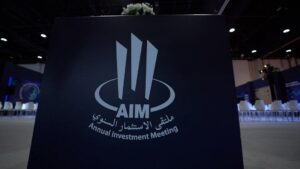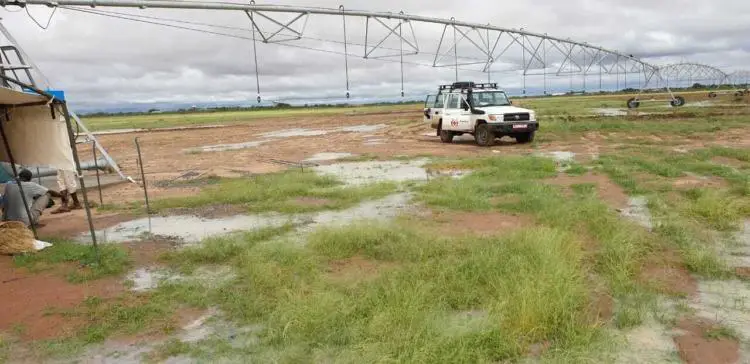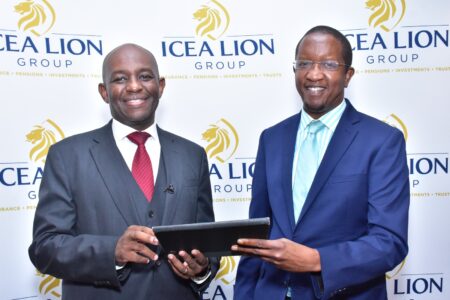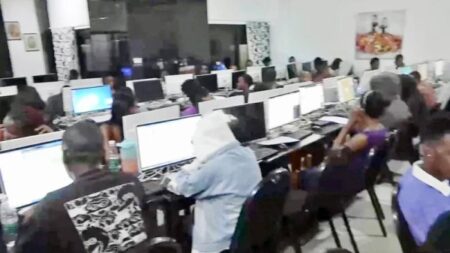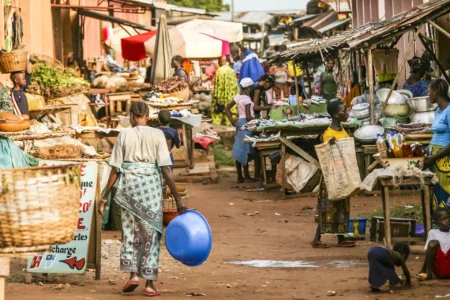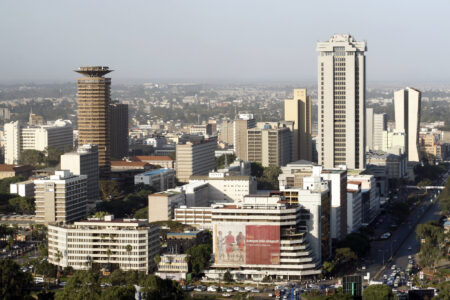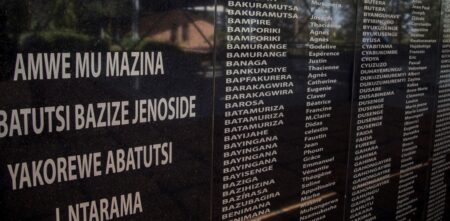The AGCO Agriculture Foundation (AAF) has announced another project partnership with the Kenya Red Cross Society (KRCS) aimed at addressing climate change and food insecurity in the Dadaab Refuge Complex.
In a press statement sent to newsrooms on Thursday, May 6, 2021, the private foundation committed to ending hunger through sustainable agricultural development noted that this was a second phase of a USD $125,000 project partnership with the Kenya Red Cross Society (KRCS).
According to the foundation, the project began this month, with the goal of restoring degraded land, strengthening refugees’ food security and income levels, and increasing production of diverse, nutritious foods.
Dadaab Refugee Complex
The Dadaab Refugee Complex falls within the expansive arid and semi-arid lands (ASAL) of Kenya, characterized by hot, dry weather and high rates of evapotranspiration interspersed with occasional flooding in poorly drained areas.
Climate change
Dramatic changes in weather patterns have caused prolonged drought and extreme rainfall, placing 209,584 refugees and 200,000 host community members living near the border of Kenya and Somalia in dire need of food and financial support.
Also Read: How Angola is planning to revive its oil industry, jumpstart economy
According to AAF Director Metti Richenhagen, climate change is a serious threat to the livelihood and food security of many marginalized farming communities.
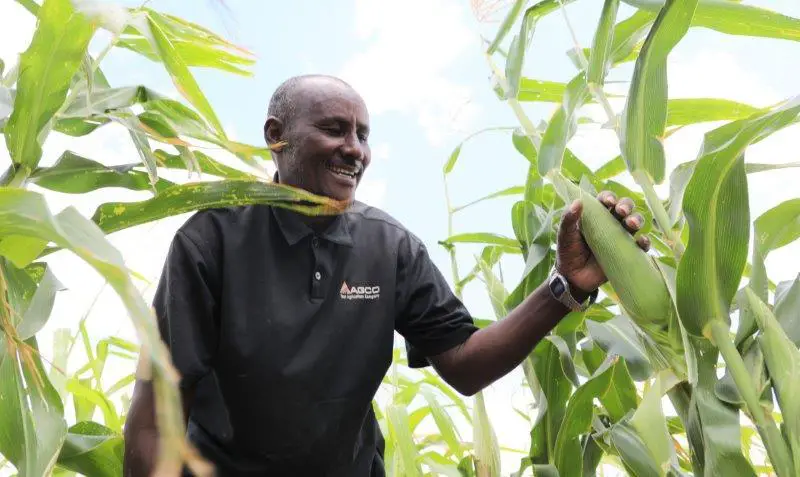
“Climate change is a serious threat to the livelihood and food security of many marginalized farming communities. The impact reported from the initial phase of our project in the Dadaab Refugee Complex has propelled us to expand the project deliverables and continue this strategic partnership with the KRCS,” said Metti.
First phase of the project
In its press statement, AAF said that the first phase of the project focused on meeting agricultural and nutritional demands of refugees and host communities through the establishment of a mechanized farm for pivot irrigation and crop production.
“This project demonstrates our commitment to address climate change and help farmers in the Dadaab camp and host community improve their soil health and build resilient food systems,” Metti said.
6,000 beneficiaries
The second phase of the project will support 6,000 beneficiaries in the Ifo 2 refugee camp and the host community.
The foundation further noted that the project’s goal is to promote climate-smart agriculture and soil fertility management practices, strengthen farmers’ skills in modern irrigation and mechanized agriculture, and create employment opportunities for vulnerable communities.
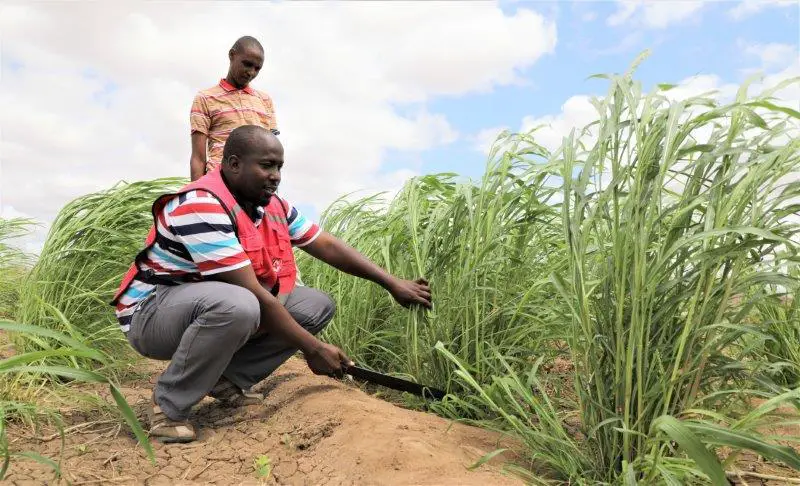
The KRCS will help farmers establish and manage their farms as well as connect them with local markets. The vegetable crops, lentils and leguminous grass that will be grown during this project phase will support the livelihoods of local farmers and their families.
UNHCR
The project is also supported by the United Nations High Commissioner for Refugees (UNHCR), which maintains the water infrastructure serving the pivot farm and provides logistical support.
The Kenya County Government of Garissa donated the parcel of land for the project and helps identify vulnerable community members who can benefit the most from the program.
Also Read: Investors to pump $8.4billion into Nigeria’s economy
“The AAF’s strong partnership and funding has enabled us to advance our work towards climate change adaptation and food security for the Dadaab refugees and host community. This second phase of this project is the right next step to ensuring access to nutrition and improving the livelihoods of refugees and their host community,” said Dr. Asha Mohammed, Secretary General, Kenya Red Cross Society.
About the AGCO Agriculture Foundation (AAF)
The AGCO Agriculture Foundation (AAF), initiated by AGCO Corporation (NYSE: AGCO) in 2018, is a private foundation with the vision to prevent and relieve hunger. The foundation initiates impactful programs that support food security, foster sustainable agricultural development and build needed agricultural infrastructure in marginalized farming communities. AAF is domiciled in Vaduz, Liechtenstein and operations are managed from Duluth, Georgia, USA.

